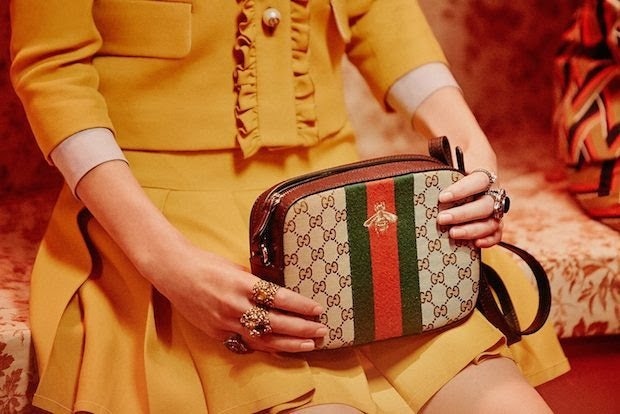
This article was published earlier in our weekly newsletter. Sign up through our “Newsletter Sign Up” box on the right.
As the price gap between imported luxury goods in mainland China and those everywhere else in the world continues to fuel a massive gray market, the Chinese government gave indications this week that it wants to clamp down on the practice.
In a South China Morning Post article published this week, head of the Fortune Character Institute Zhou Ting, who is also reportedly “a consultant with the Ministry of Commerce and the Ministry of Finance,” according to the article, said that “new policies will be launched soon” to crack down on daigou agents smuggling in foreign goods without paying the proper import duties.
The article also quoted an anonymous source who stated that many top luxury brands have been lobbying the Chinese government to get tougher on daigou agents, which have a significant impact on the global luxury industry. Bain & Company estimates that 55-75 billion RMB is spent on daigou every year in China, making up almost half of the amount of all mainland luxury sales.
While daigou may help brands’ sales abroad in the short-term, there are many problems that arise from the practice—the online market is rife with convincing fakes being sold at full-price to scam customers, and brands have no control over the quality of service offered to buyers.
There have been reports that Chinese customs agents have already been more vigilant about catching tariff-dodging smugglers this year, but they’ll likely only be able to get ahold of those bringing in items in mass quantities. It’s unlikely that they’ll be able to stop the vast majority of small-scale daigou merchants who only bring in a few items at a time.
The main way to stop the daigou trade in a meaningful way is to decrease demand through price adjustments. The Chinese government appears to be aware of the importance of this—it announced on Wednesday that it’s going to be cutting import duties on several imported consumer goods starting next year. These will include cuts on clothing, sunglasses, bags, and more, and come after another tariff cut earlier this year that applied to a range of items including suits and fur garments.
But brands should not rest on their laurels waiting for the government to step in, as it’s unclear how effective any of these measures will be. While the government certainly has a financial incentive to avoid the loss of tax revenue that comes from daigou smuggling, prices that are inflated beyond the level of tariffs may create a system in which daigou sellers can still make a profit even if they willingly pay the proper import duties when they enter the country.
As a result, brands including Chanel and Tag Heuer have taken the issue into their own hands by lowering their China prices, but many have been wary of acting. The one thing that luxury labels can’t do in the future is continue to allow unlicensed dealers to hijack their brand image if they wish to keep their image and mainland China sales intact in the long-run.